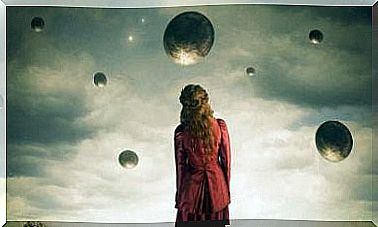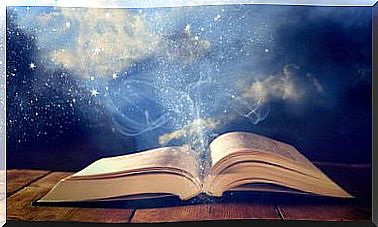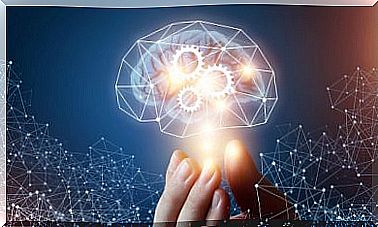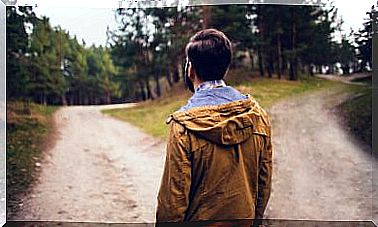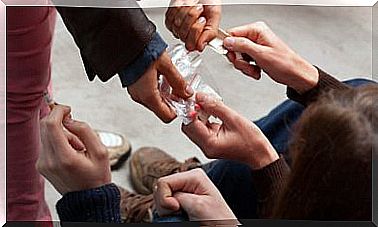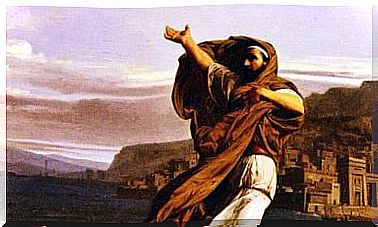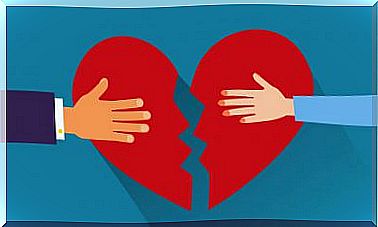Where Does Willpower Come From

Although willpower is an expression that we all use regardless of it, the truth is that it is a concept against which there are great controversies. From the philosophical point of view, it has its origin in metaphysics, particularly in Aristotle. From there it was introduced into the various Western religions, becoming a virtue of the first order.
Willpower is defined as the ability to direct and control one’s actions. Metaphysicians and religions point out that this force is born exclusively from the free determination of each person.
However, psychoanalysis raised serious objections both to the concept of “will” and to that of “willpower”, due to the discovery of the unconscious.
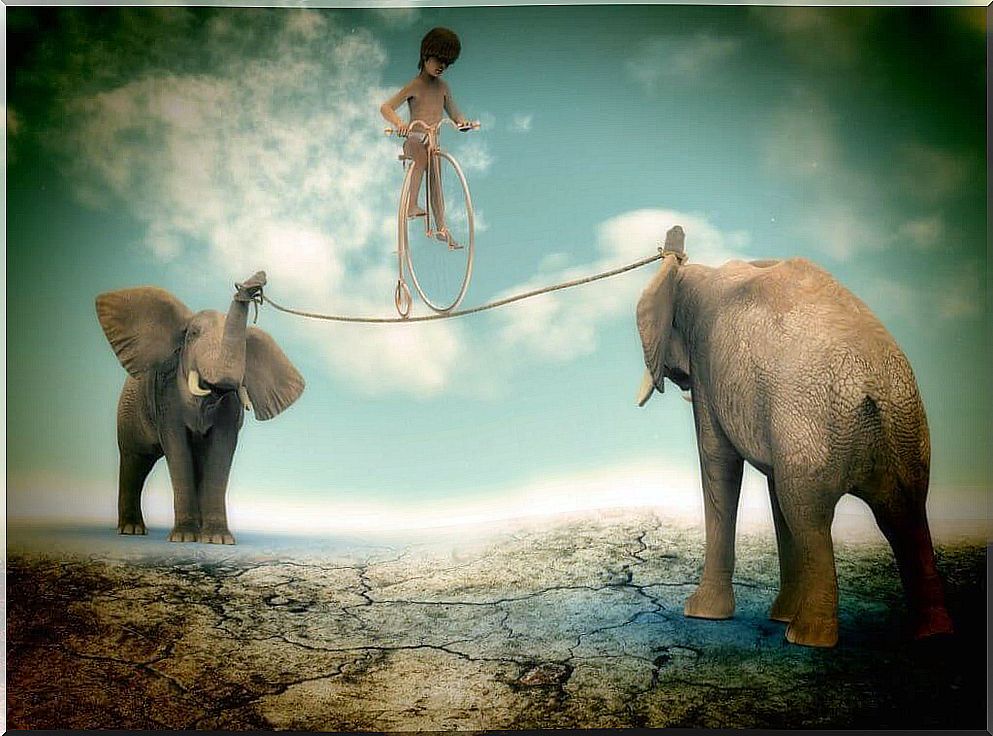
What gets out of control
For psychoanalysis, conscious processes are only “the tip of the iceberg” in mental activity. In reality, thoughts and actions are determined by a force that is not that of the will, but that of the unconscious.
This discovery made it possible to explain many facts. For example the “lapsus linguae”, or episodes in which a person wants to say something, but, “without meaning to”, ends up saying something else.
The unconscious is also responsible for the so-called “failed acts”: the person consciously intends to do something, but ends up performing a very different action.
We see it every day in everyday life. Someone who wants to be early for their appointment, but is “unintentionally” late or never shows up. Or those who want to “put effort into their work”, but end up occupying themselves in other things, while they work.
For psychoanalysis, then, the will is not a force, but the expression of an unconscious desire. Only when a person is consistent with his desire does the will go. If not, that “will betrays you.”
That is why there are plans that are always postponed, decisions to change that never come true, or intentions that never become actions.
Eastern philosophies, like Zen, do not address the so-called “willpower” in their practices either. They maintain that it is self-harm and that it must be replaced by understanding and love, which are, ultimately, the forces that lead to action.
Will and conscience
What is in common between psychoanalysis and Eastern philosophies is the idea that the will is not an act of force. And that, on the other hand, can only be born of understanding and, therefore, of consciousness.
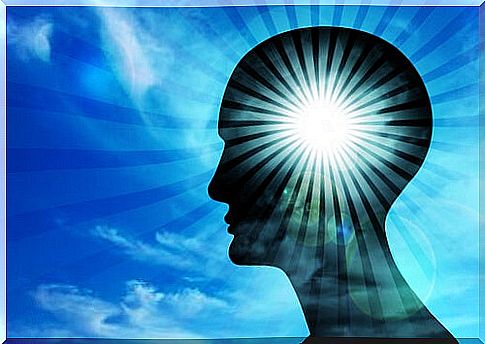
When there are definite and conscious purposes, but they do not become acts, the solution is not to force ourselves and force us to act in a certain sense.
These types of situations carry a valuable message. There is “something” that blocks the will to act in a certain sense. In reality, it is not that willpower fails, but that a desire of which we are not conscious triumphs.
We want to strictly follow a diet, but at the same time we want to eat our fill. We start the regimen and sooner rather than later we find ourselves giving ourselves a delicious “last” feast, between guilt and satisfaction.
What happens there is that we have rationalized the benefits of healthy eating, but we have not understood our desire to eat our fill. Perhaps food represents more than just a taste or a sensation in the stomach.
In those cases, the will does not come. When what we do is opposed to our conscious will, we cannot speak of a weakness of character, but rather a symptom of the unconscious. When that symptom is deciphered and understood, it fades.
Perhaps we need less force and more understanding to make intentions turn into actions. And that those acts are consistent with what we really want to do with our life.
